

Jan. 04, 2026
Pet wellness is a multi-faceted combination of services and practices, including:
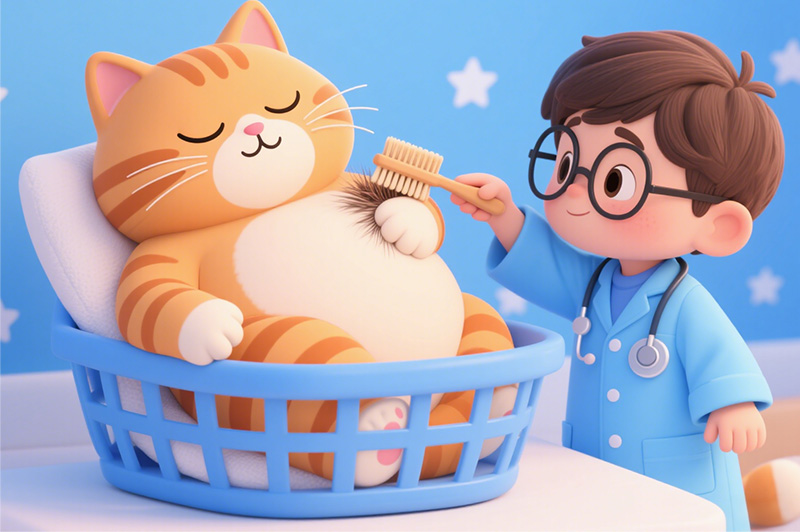
Routine veterinary exams and vaccinations
Parasite prevention and dental care
Proper nutrition and weight management
The importance of exercise, training, and enrichment
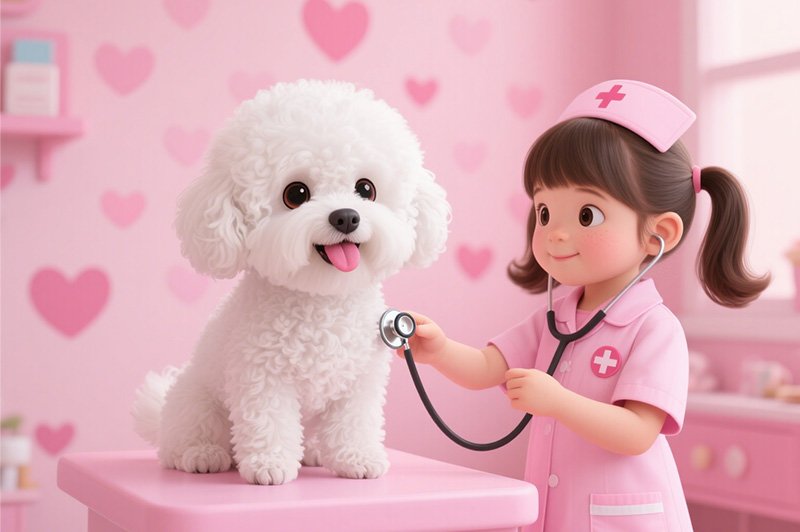
Pet Development and Growth
As a pet parent, understanding your furry companion’s developmental milestones and life stage needs is crucial for providing proper care. A pet’s nutritional, training, and health requirements evolve from birth through the senior years.
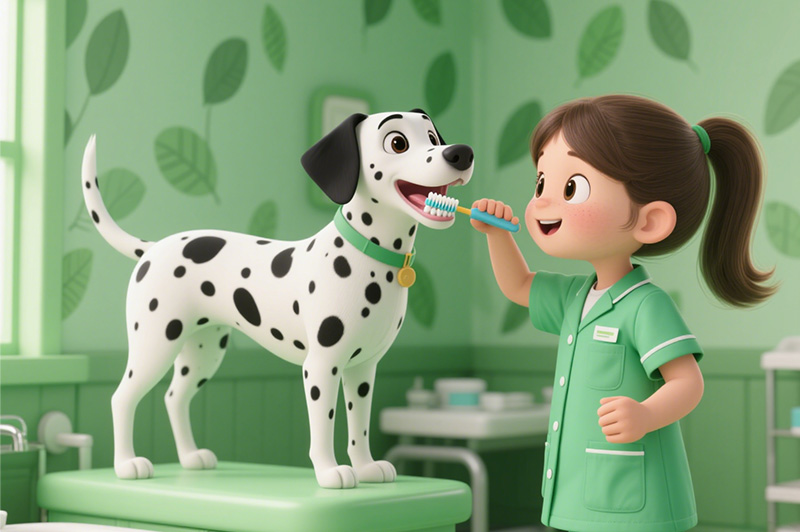
Puppy developmental stages and milestones
Kitten developmental stages and milestones
Nutritional needs by life stage
Importance of socialization and training
Preparing for changes in the senior years
Core Pet Vaccinations
Vaccinations are a vital component of preventative healthcare for pets. They help protect against dangerous and potentially deadly illnesses and diseases.
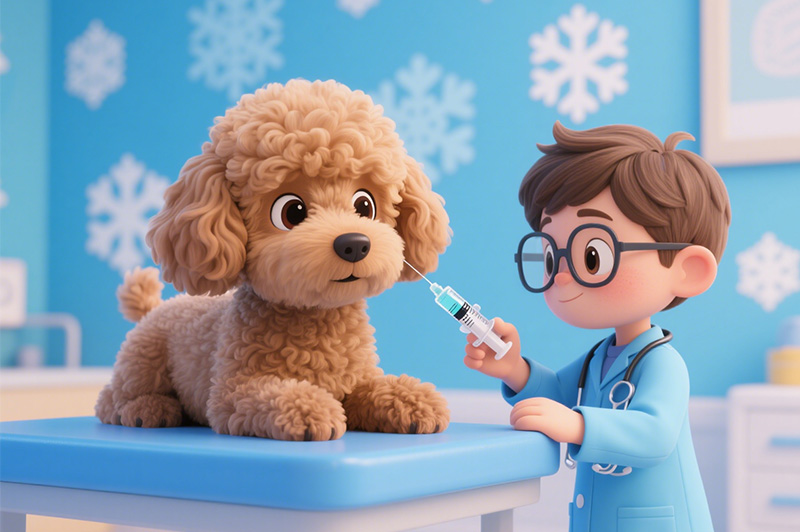
Puppy and dog vaccination schedules
Cat and kitten vaccination schedules
Core vaccine types and what they prevent
Booster shot requirements for adult pets
Lifestyle/risk-based vaccination recommendations
Regular Veterinary Wellness Exams
Routine wellness exams enable your veterinarian to establish a baseline for your pet’s health and catch any emerging issues early.

Recommended frequency based on age/breed
What happens during a comprehensive exam
Importance of routine screening tests
How wellness exams strengthen the pet and pet parent bond
Preparing for a home vet visit
Bloodwork and Diagnostic Tests
Diagnostic testing, in addition to hands-on exams, gives veterinarians a more complete picture of your pet’s overall health.
Purposes of bloodwork, urinalysis, fecal exams
Early disease detection through diagnostics
Recommended diagnostic tests
Establishing baseline values for future reference
Parasite Prevention and Control
Protecting your pet from internal and external parasites is essential to wellness care. By providing your pet with timely preventative medications, they can avoid attracting and contracting parasites that cause diseases.
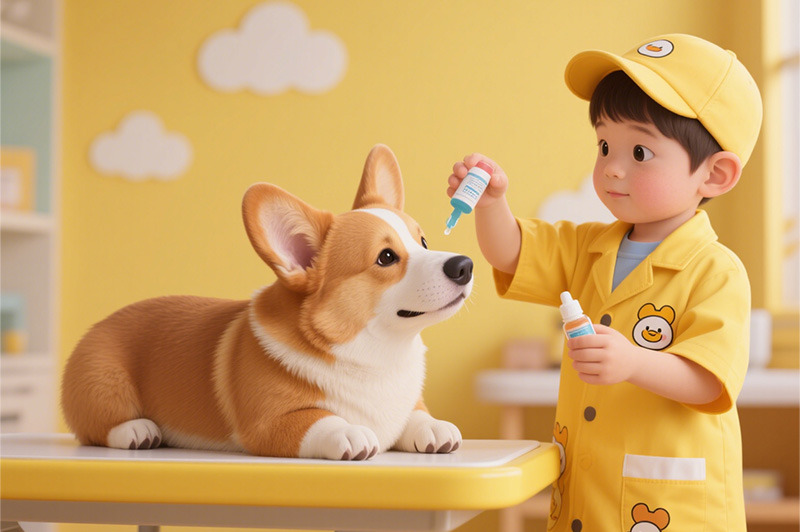
Risks of fleas, ticks, heartworm, and other parasites
Importance of year-round prevention
Safe and effective prevention products
How to detect and treat parasite infestations
Proper Nutrition and Weight Management
Proper nutrition and maintaining an ideal weight are key to your pet’s overall health and longevity. Understanding the best practices for feeding your pet can help reduce any gastrointestinal problems they may develop.
Interpreting pet food labels and ingredients
Calculating calorie needs by breed, age, and activity level
Recognizing signs of obesity and its related health risks
Healthy weight loss strategies for overweight pets
Exercise and Physical Activity
Regular exercise and physical activity provide numerous health benefits for pets. Getting your pets up and moving is crucial for helping them avoid a sedentary lifestyle.

Exercise needs based on breed, age, and energy level
Physical and mental benefits of adequate exercise
Appropriate exercise for different life stages
Games, sports, and activities to keep pets active
Dental Hygiene
Maintaining good oral hygiene is critical for preventing painful dental disease and other systemic issues in pets. Taking care of your pets’ oral health can improve their quality of life and avoid long-term problems.
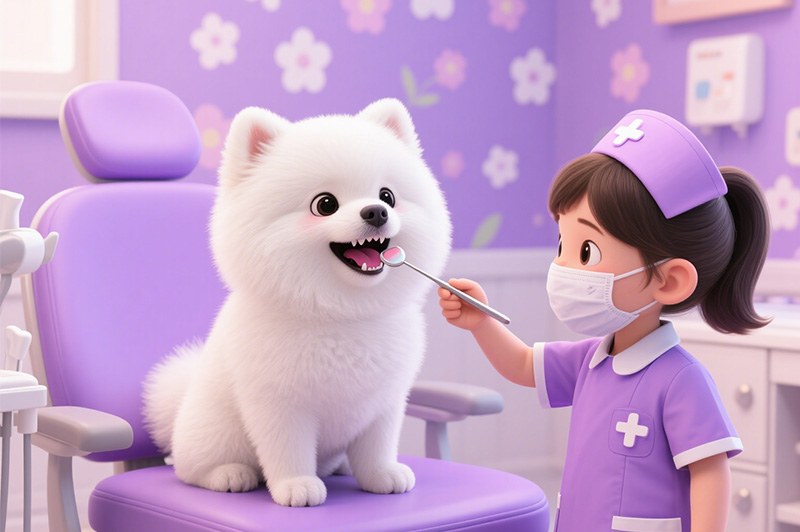
Periodontal disease in cats
Dental care for dogs
Signs of dental problems to watch for
At-home teeth brushing techniques
What to expect from professional dental cleanings